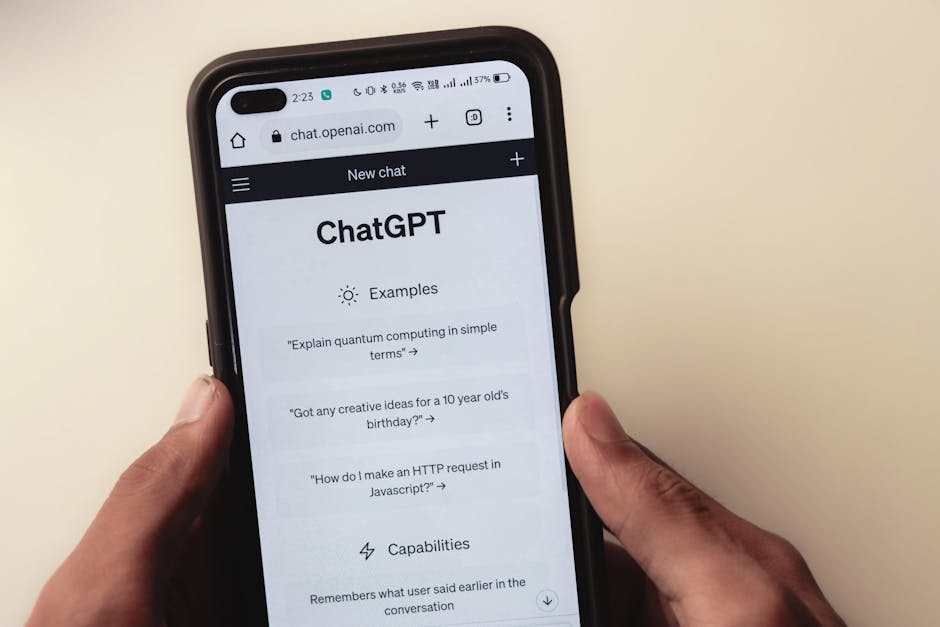
Online Research •
Jul '24
Online research has transformed the way we gather information, offering unparalleled access to data and insights. However, this ease of access brings a range of ethical considerations that researchers must navigate. Ethical issues in online research ... << Continue >>

Citation Techniques •
Jul '24
Chicago Style Citations are a standardized way to give credit to the sources you use in your research and writing. Whether you are working on an academic paper, a historical document, or a research project, proper citation is crucial for maintaining ... << Continue >>

Source Evaluation •
Jul '24
Understanding the difference between primary and secondary sources is crucial for anyone engaged in research or information gathering. Primary sources are original, firsthand documents or data, such as diaries, photographs, and eyewitness accounts. S... << Continue >>

Advanced Search •
Jul '24
Artificial Intelligence (AI) has significantly transformed how people conduct online searches. Traditional search engines relied heavily on keyword matching and simple algorithms to deliver results. Today, AI-powered search tools can understand conte... << Continue >>

Advanced Search •
Jul '24
Advanced filters on major search engines are incredibly useful tools that can enhance the precision and efficiency of online searches. By leveraging these features, users can narrow down search results to find exactly what they're looking for more qu... << Continue >>

Online Research •
Jul '24
Open access journals have revolutionized the way we access and disseminate scientific knowledge. Unlike traditional subscription-based journals, open access journals provide free, unrestricted access to their content, making quality information more ... << Continue >>

Source Evaluation •
Jul '24
Evaluating author credentials and expertise is essential for discerning the reliability of information, especially in an era overflowing with content. Knowing how to assess an author's qualifications can help readers make informed decisions about wha... << Continue >>

Citation Techniques •
Jun '24
Citing unconventional sources can be challenging, especially when dealing with various formats and types of information that don't fit neatly into traditional citation styles. Whether you're referencing a social media post, a podcast, or an online fo... << Continue >>

Online Research •
Jun '24
Conducting online research projects can be a daunting task if you're not well-organized. From gathering information from multiple sources to ensuring that your data is correctly cited, staying organized is crucial for maintaining accuracy and efficie... << Continue >>

Source Evaluation •
Jun '24
With the sheer volume of information available today, distinguishing between factual news and misinformation has become increasingly challenging. Fake news can spread rapidly, influencing public opinion and even affecting real-world events. Recognizi... << Continue >>









